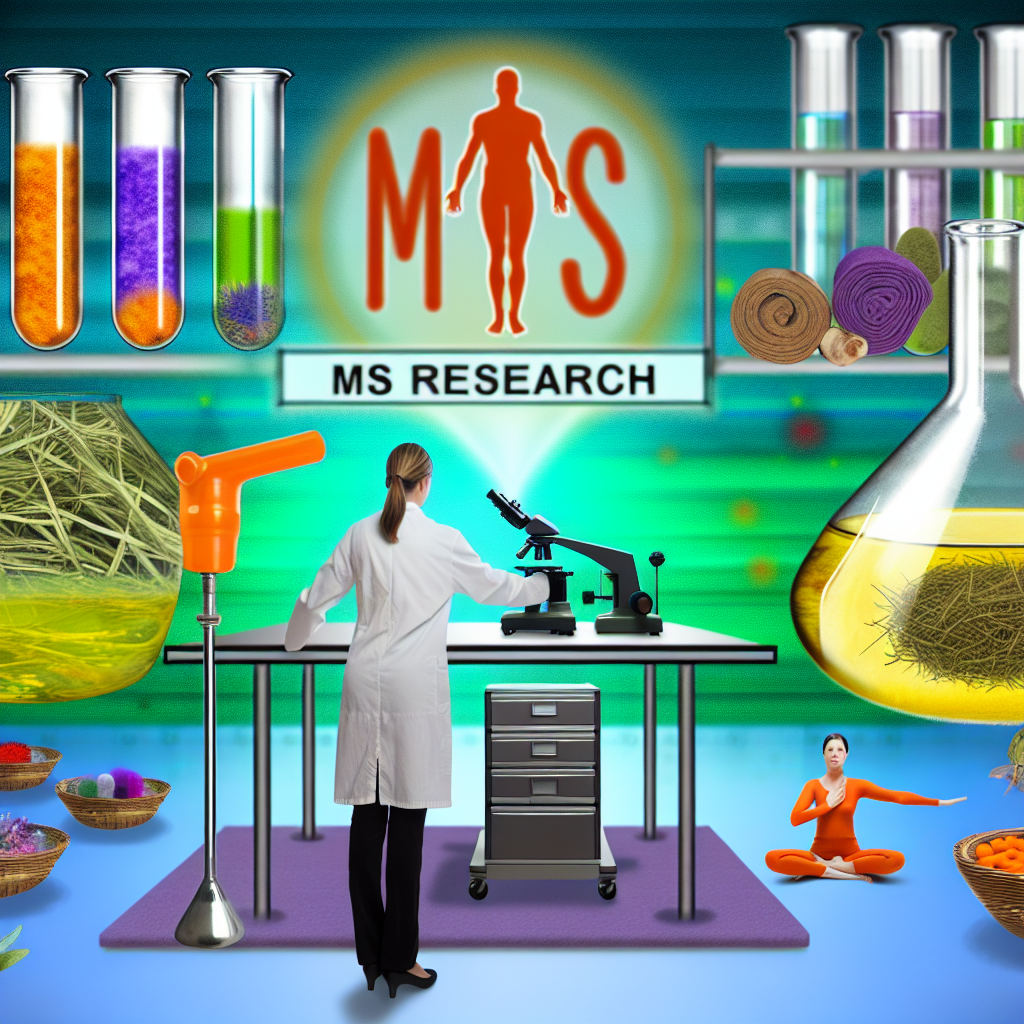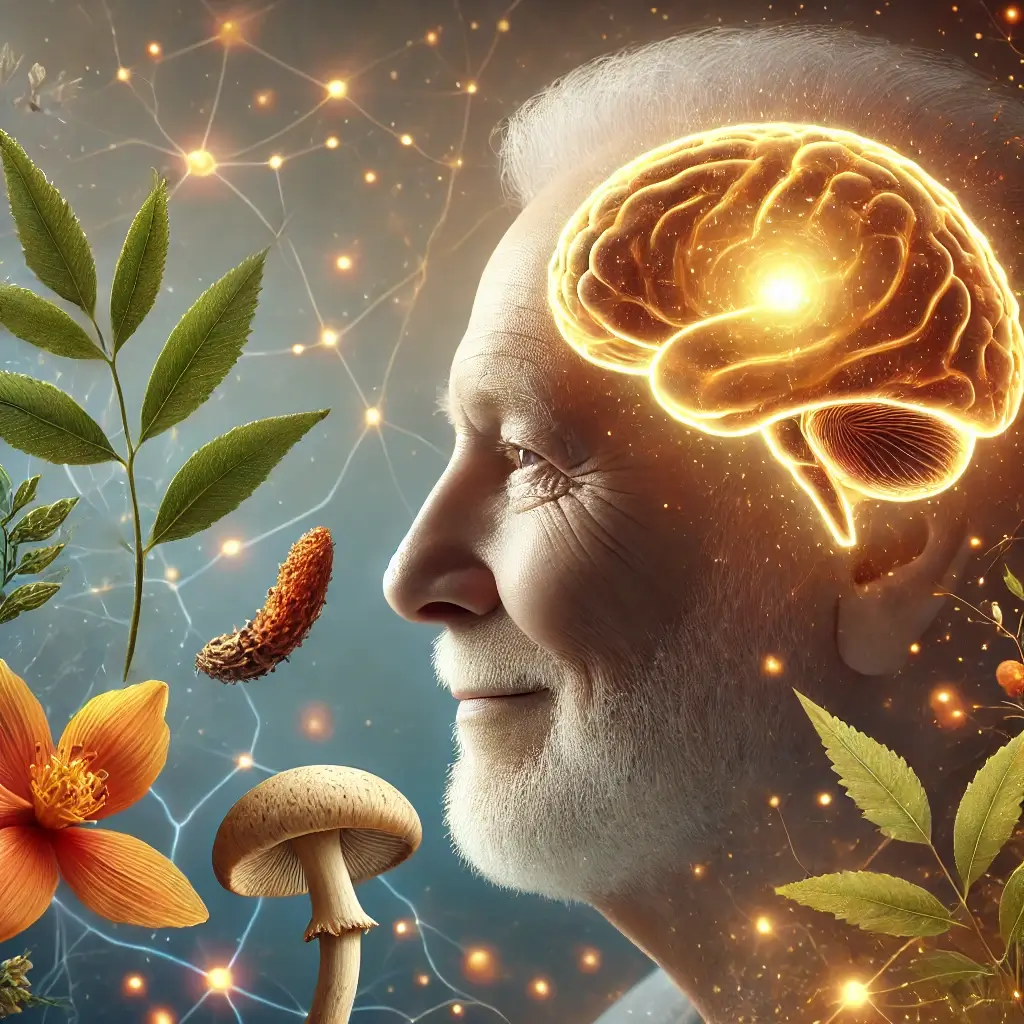Alternative MS Treatments: Research Review
Introduction
Multiple Sclerosis (MS) is a chronic autoimmune disease that affects the central nervous system, causing a range of symptoms such as fatigue, muscle weakness, impaired coordination, and cognitive challenges. While conventional medicine offers various treatments to manage MS, many patients seek alternative therapies to complement traditional approaches or reduce reliance on pharmaceuticals.
The growing interest in alternative MS treatments stems from an increasing understanding of how lifestyle, diet, and holistic therapies can impact disease progression and symptom management. People are turning to herbal remedies, homeopathic treatments, and natural therapies in hopes of finding relief with fewer side effects than standard medications. Some alternative treatments focus on reducing inflammation, supporting the immune system, and promoting neuroprotection.
Homeopathy, herbal medicine, dietary interventions, and lifestyle changes have all been explored as potential supportive treatments for MS patients. While these methods may not replace conventional therapies, they often serve as adjunct treatments that help improve overall well-being. Some commonly used natural remedies include turmeric, ginkgo biloba, omega-3 fatty acids, and adaptogens like ashwagandha.
Scientific research investigating alternative MS treatments is ongoing, with some studies showing promising results. Various natural compounds and holistic approaches have been evaluated for their potential neuroprotective effects. Patients considering alternative therapies should consult with their healthcare provider to ensure compatibility with their existing treatment plans.
This article explores the latest research on natural remedies and holistic interventions for MS, providing insights into promising alternative treatments that could support symptom management and overall health in those living with the condition.
The Science Behind Alternative MS Treatments
Herbal and Dietary Supplements: Can Natural Remedies Help?
Several clinical studies have assessed the effectiveness of natural products in managing MS symptoms. Among the most researched are omega-3 fatty acids, curcumin, and ginkgo biloba:
– Omega-3 Fatty Acids: A study published in Multiple Sclerosis International suggested that omega-3 supplementation might help in reducing inflammation and supporting brain health in MS patients.
– Curcumin: Found in turmeric, curcumin possesses strong anti-inflammatory and neuroprotective properties. A study investigated by Nutrients in 2020 demonstrated that curcumin supplementation could help reduce neuroinflammation, potentially benefiting MS patients.
– Ginkgo Biloba: Research in BMC Neurology highlighted its potential to improve cognitive function and fatigue in MS patients.
Homeopathy and Traditional Medicine: Do They Offer Relief?
Homeopathy has been used to treat various neurological disorders, including MS. Remedies such as Causticum and Plumbum Metallicum are considered by some practitioners as beneficial in alleviating symptoms like muscle weakness and spasticity. While scientific evidence is limited, anecdotal reports from MS patients suggest that homeopathy may provide symptom relief for some individuals.
Additionally, Traditional Chinese Medicine (TCM) and acupuncture have been explored as supportive therapies. According to a Journal of Alternative and Complementary Medicine review, acupuncture may help with pain relief and overall quality of life in MS patients.
Lifestyle Interventions: The Power of Diet, Exercise, and Stress Management
Lifestyle factors play a crucial role in managing MS symptoms. Research has shown that nutrition, exercise, and mindfulness practices can positively impact disease progression.
– Dietary Interventions: The Swank diet and the Wahls Protocol are two widely studied dietary plans that emphasize whole foods, high antioxidant content, and reduced saturated fats to support MS management. Studies suggest these diets may have positive impacts on energy levels and overall symptom reduction.
– Exercise and Yoga: A study in Neurorehabilitation and Neural Repair demonstrated that regular exercise and movement therapy, including yoga, can improve balance, mobility, and mental well-being for MS patients.
– Meditation and Stress Management: A systematic review in Frontiers in Neurology highlighted the role of mindfulness in reducing stress and improving cognitive function among MS patients.
Conclusion: A Holistic Approach to MS Management
As research into alternative MS treatments continues to evolve, it’s becoming increasingly evident that natural remedies, lifestyle modifications, and holistic therapies play a valuable role in symptom management. Although these alternatives should not be viewed as replacements for conventional treatments, they may enhance overall well-being and provide MS patients with additional tools to cope with their condition.
Patients interested in exploring natural therapies should consult with their healthcare providers to ensure safety and efficacy. Each individual’s experience with MS is unique, so what works for one person may not be effective for another. By combining evidence-based natural treatments with conventional medicine, patients can work towards improving their quality of life while managing their symptoms effectively.
Summary: This article explores the latest research on alternative treatments for Multiple Sclerosis (MS), including the use of herbal supplements, homeopathy, Traditional Chinese Medicine, dietary interventions, exercise, and stress management techniques. The article highlights the growing interest in natural therapies as complementary approaches to conventional MS treatments, citing scientific studies that demonstrate the potential benefits of these holistic methods in managing symptoms and supporting overall well-being for individuals living with MS.

Dominic E. is a passionate filmmaker navigating the exciting intersection of art and science. By day, he delves into the complexities of the human body as a full-time medical writer, meticulously translating intricate medical concepts into accessible and engaging narratives. By night, he explores the boundless realm of cinematic storytelling, crafting narratives that evoke emotion and challenge perspectives.
Film Student and Full-time Medical Writer for ContentVendor.com




